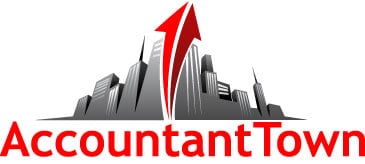IFRS 13 Fair Value Measurement
The creation of IFRS 13 was instituted in order to set certain standards relate to fair value measurements.
This was made in order to do the following:
- Define Fair Value
- Set a single IFRS standard to measure Fair Value, and
- Require disclosure about Fair Value
These are to be applied on fiscal periods on or after January 1, 2013.
What does IFRS 13 define as fair value? It is the price that would be gained to sell an asst or transfer a liability between two participants on the transfer date. These would be measured on a market basis, rather than the instance of a transaction between two specific parties, and it must be measured in the market in which the highest and best use of the asset will be utilized.
How do we decide what the highest and best use for an asset is? The IFRS 13 standard has defined this as the following:
- What is Physically Possible? – e.g. location and size
- What is Legally Permissible? – such as zoning regulations
- What is Financially Feasible? – such as the return on investment
These definitions of the highest and best use prevent the possibility of assets being classified at increased values above and beyond what would be reasonably received. They also strike the balance as to not recording the balances at artificially low values which would also be misleading to investors. Going too far one way can be just as dangerous as going too far the other when giving the assumption that the value reported is the fair value.
IFRS are principles based standards, rather than strict rules based standards that govern international accounting. IFRS standards differ from IAS standards in that they began being introduced in 2001, whereas IAS were produced prior to this date by the IASC, or the International Accounting Standards Committee. Therefore when an IFRS standard and an IAS standard conflict, the IFRS is generally more authoritative due to being more recent.
Access the contact form and send us your feedback, questions, etc. We are always welcome to help someone out. You can also contact us if you wish to submit your writing, cartoons, jokes, etc. and we will consider posting them to share with the world! The Facebook and LinkedIn groups are also good areas to find people interested in accounting like yourself, don’t hesitate to join as everyone of all levels are welcome to become part of the community.

